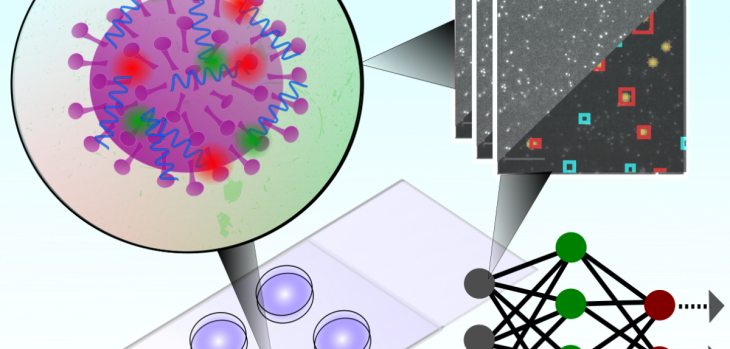Cambridge’s Addenbrooke Hospital and 20 other hospitals around the world, as well as health technology leader NVIDIA, have used artificial intelligence (AI) to predict COVID patient oxygen demands on a global basis. The research was sparked by the pandemic and aimed to develop an AI tool to use data from four continents to predict how much supplemental oxygen, a COVID19 patient might need in the first few days of hospital care.
The technique, known as federated learning, uses an algorithm to analyze chest x-rays and electronic health records from hospital patients with COVID symptoms. In order to protect the confidentiality of the patients, the patient data was completely anonymized and an algorithm was sent to each hospital so that no data was transmitted. After the algorithm “learned” from the data, the analysis was put together to develop an artificial intelligence tool that can predict the oxygen needs of COVID patients in hospitals anywhere in the world. Published today in Nature Medicine, the study Named EXAM (for EMR CXR AI Model), it is one of the largest and most diverse federated clinical learning studies to date.
To verify the accuracy of the EXAM, it was tested in several hospitals on five continents, including Addenbrooke Hospital, and the results showed that it was delivering the required oxygen within 24 hours of the patient’s arrival at the emergency room with a sensitivity of 95 percent predicted and a specificity greater than 88 percent.
“Federated learning has transformative power to bring AI innovation to the clinical workflow,” said Professor Fiona Gilbert, who led the study in Cambridge and is honorary consultant radiologist at Addenbrooke’s Hospital and chair of radiology at the University of Cambridge School of Clinical Medicine.
“Our continued work with EXAM demonstrates that these kinds of global collaborations are repeatable and more efficient, so that we can meet clinicians’ needs to tackle complex health challenges and future epidemics.”
First author on the study Dr. Ittai Dayan, from Mass General Bingham in the U.S., where the EXAM algorithm was developed, said, “Usually in AI development, when you create an algorithm on one hospital’s data, it doesn’t work well at any other hospital. By developing the EXAM model using federated learning and objective, multimodal data from different continents, we were able to build a generalizable model that can help frontline physicians worldwide.”
Bringing together collaborators across North and South America, Europe and Asia, the EXAM study took just two weeks of AI “learning” to achieve high-quality predictions.
“Federated Learning allowed researchers to collaborate and set a new standard for what we can do globally, using the power of AI,”‘ said Dr. Mona G. Flores, Global Head for Medical AI at NVIDIA. “This will advance AI not just for healthcare but across all industries looking to build robust models without sacrificing privacy.”
The study analyzed the results of around 10,000 COVID patients from around the world, including 250 who came to Addenbrooke Hospital in the first wave of the pandemic in March / April 2020. The research was supported by the National Institute for Health Research (NIHR) Cambridge Biomedical Research Center (BRC). Work on the EXAM model has continued. Mass General Brigham and the NIHR Cambridge BRC work with the Dr. Dayan co-founded NVIDIA Inception startup Rhino Health to conduct prospective studies with EXAM.
Professor Gilbert added, “Creating software to match the performance of our best radiologists is complex, but a truly transformative aspiration. The more we can securely integrate data from different sources using federated learning and collaboration, and have the space needed to innovate, the faster academics can make those transformative goals a reality.”













